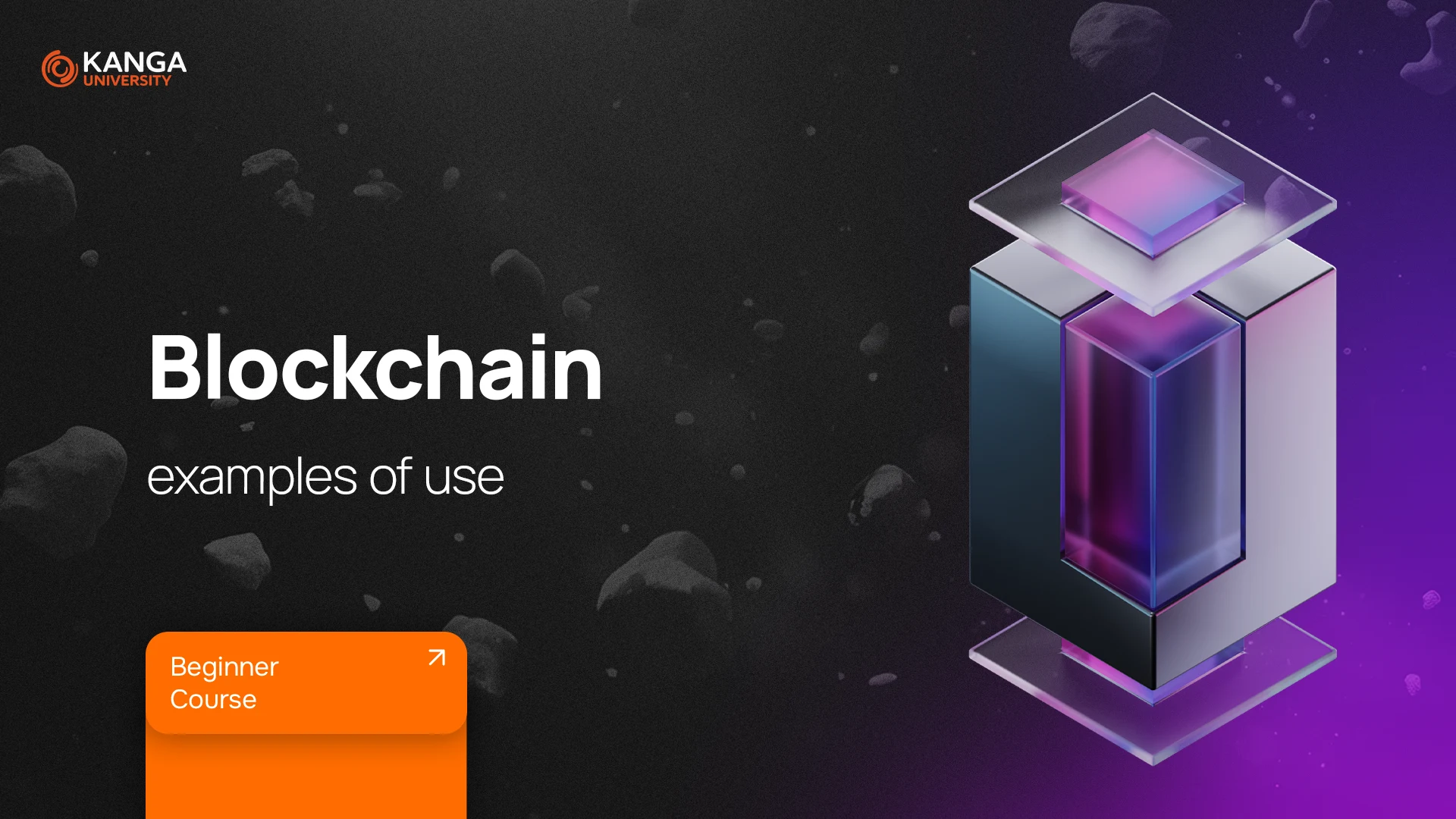
Blockchain technology, initially created to support cryptocurrencies like Bitcoin, has found a wide range of applications across various industries. Its unique features—such as decentralization, security, and transparency—make it an attractive solution for many sectors. Below, we explore how blockchain is transforming different industries.
Finance and Banking
Blockchain enables secure and fast financial transactions without the need for intermediaries. Banks are adopting this technology to improve international money transfers, reducing costs and processing times. An example is Banco Santander, which implemented a blockchain-based payment system for international transactions.
Trade and Logistics
In global trade, blockchain increases supply chain transparency, allowing companies to track products from manufacturers to consumers. IBM’s Food Trust project, in partnership with Walmart and Nestlé, uses blockchain to monitor the origin and safety of food products.
Healthcare
Blockchain ensures secure storage and sharing of medical data, making it easier for healthcare providers to exchange information while maintaining patient privacy. Estonia has implemented a blockchain-based healthcare system, giving citizens digital access to their medical records.
Real Estate
This technology simplifies the process of buying and selling properties by digitizing contracts and eliminating the need for excessive paperwork. Smart contracts can automate transactions, making them faster and more transparent.
Insurance
Blockchain enhances policy management and fraud detection, improving security and transparency in the insurance industry. The technology allows for the secure sharing of data between companies, reducing operational costs and preventing insurance fraud.
Public Administration
Governments are experimenting with blockchain to improve administrative processes, such as e-voting and public records management. This technology increases trust and security by ensuring transparent and immutable records.
Media and Entertainment
Blockchain protects intellectual property rights, helping content creators track the distribution of their work and receive fair compensation. Mycelia, for example, is a platform that uses blockchain to manage musicians’ rights and earnings.
Education
Educational institutions can use blockchain to store and verify diplomas and certificates, making recruitment easier and increasing the credibility of qualifications. According to a 2019 Gartner report, 2% of higher education institutions had implemented blockchain-based projects, with another 18% planning to do so within the next two years.
Energy Sector
Blockchain enables peer-to-peer energy trading, allowing consumers to trade excess energy directly, promoting sustainability and efficiency in the energy industry.
Summary
Blockchain technology has the potential to transform multiple industries, providing secure, transparent, and efficient solutions. Its versatility makes it a key tool in modern business and governance.